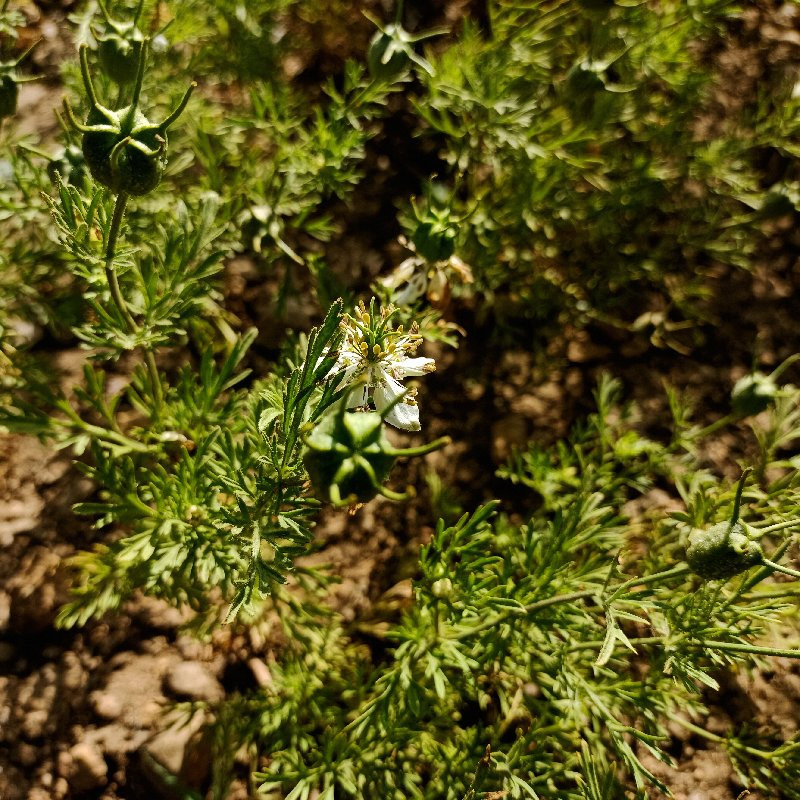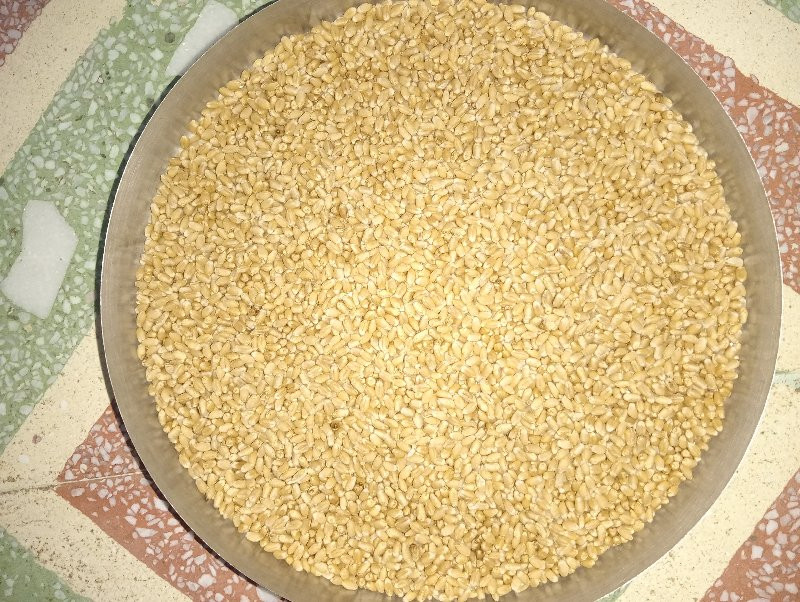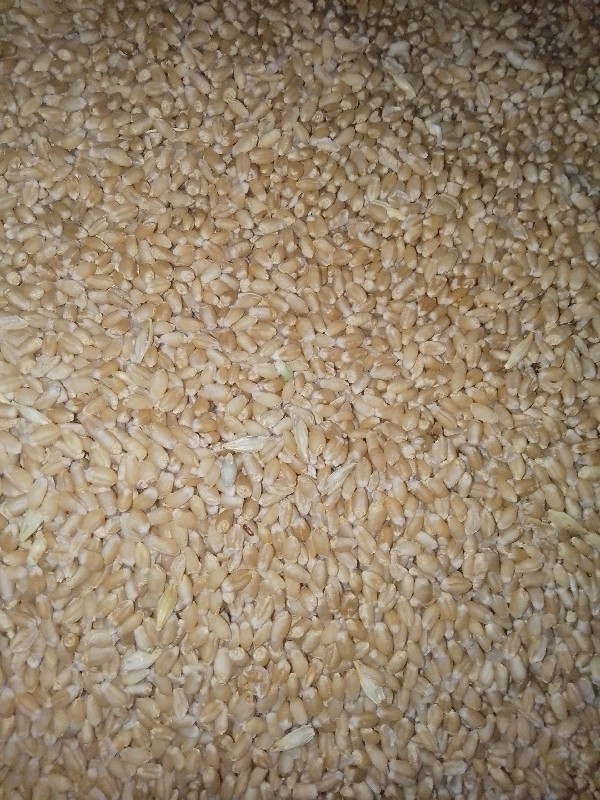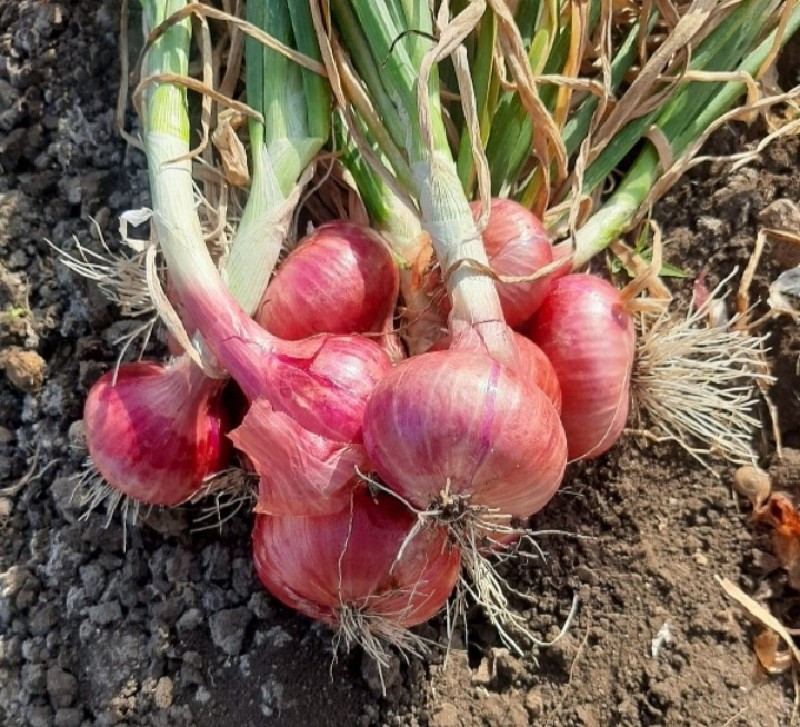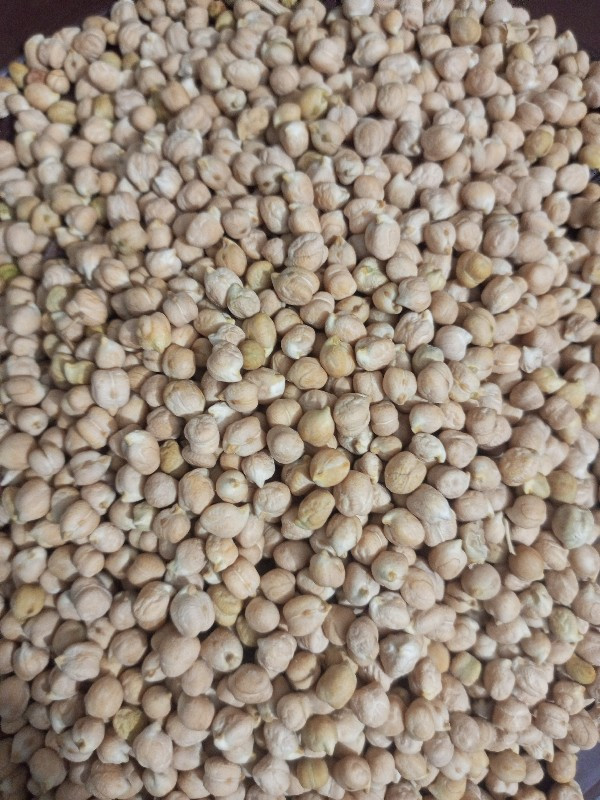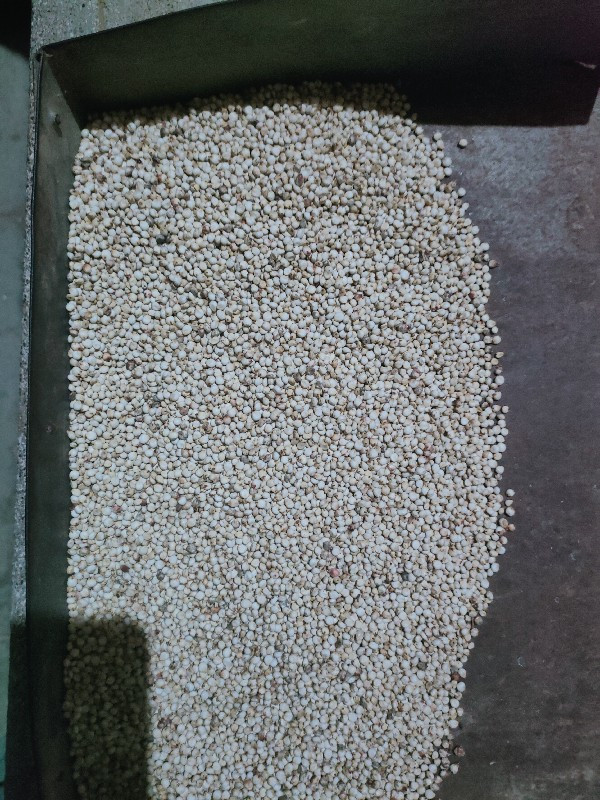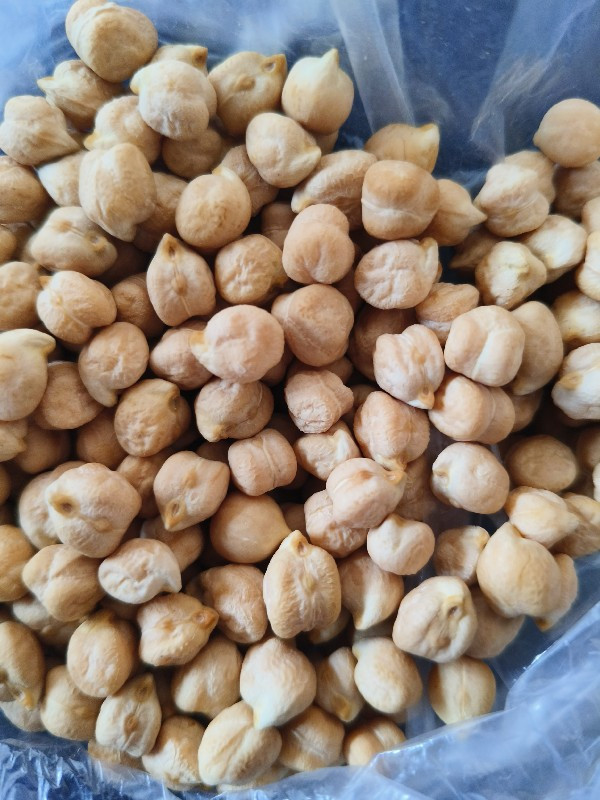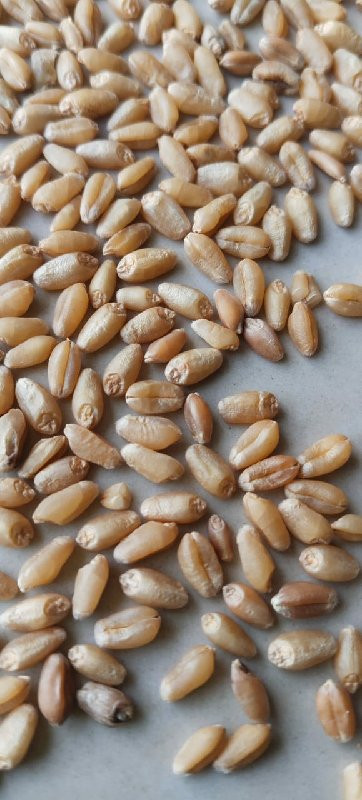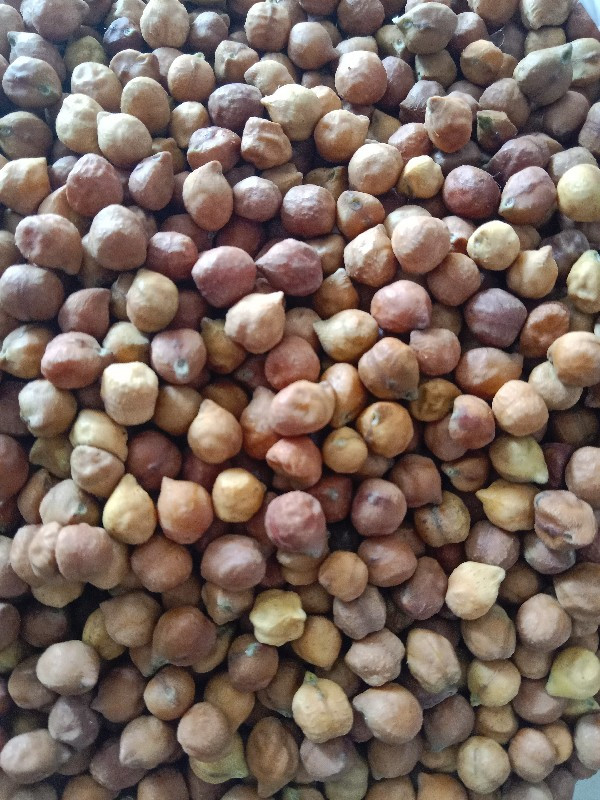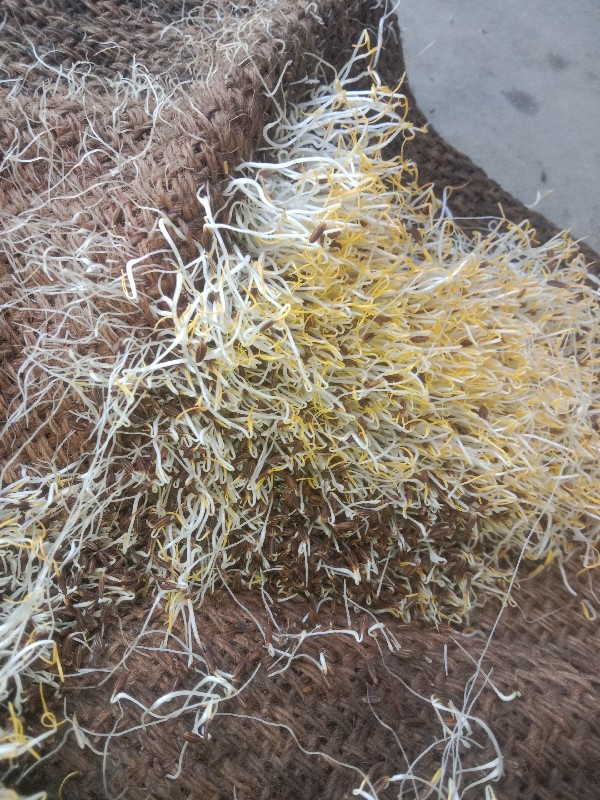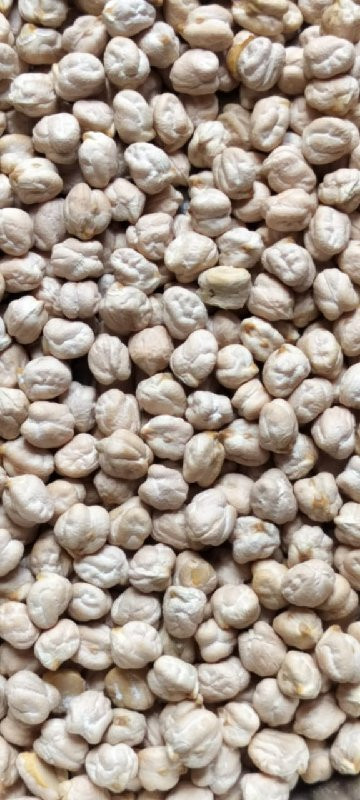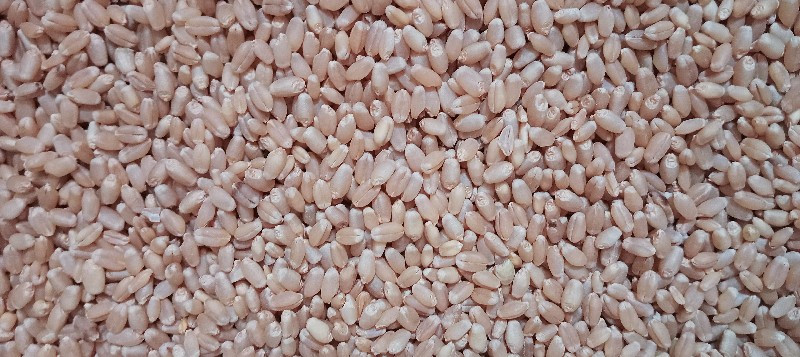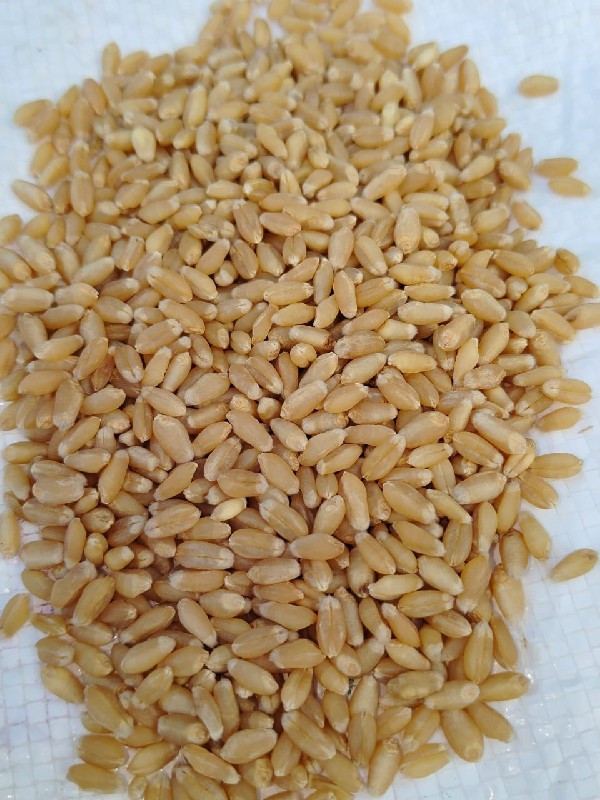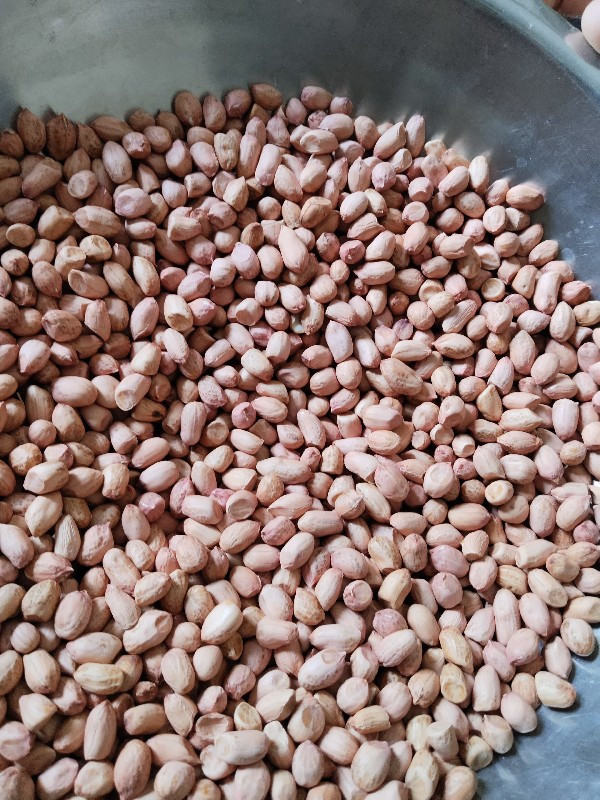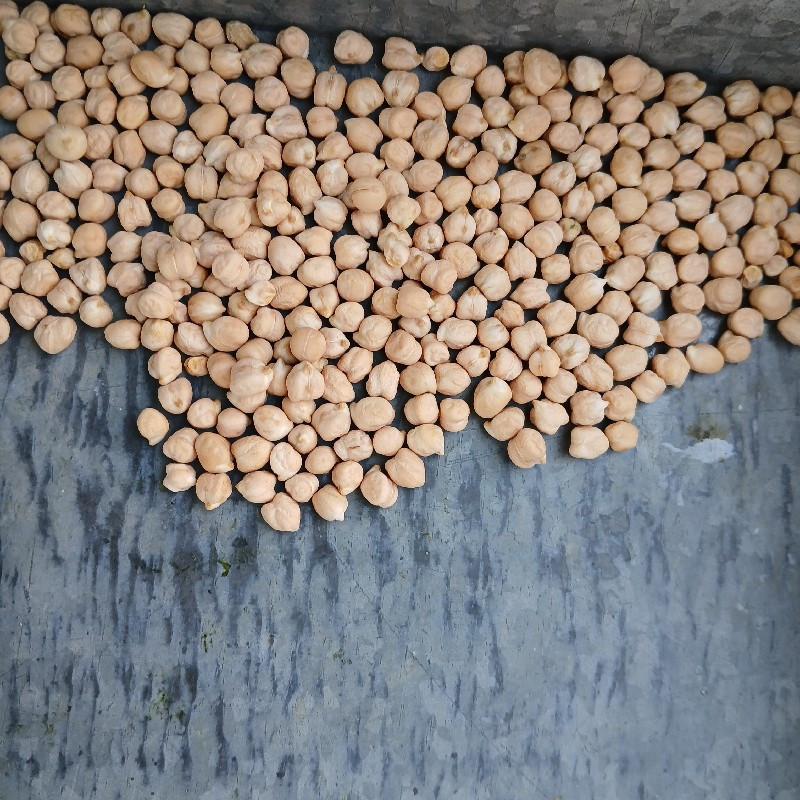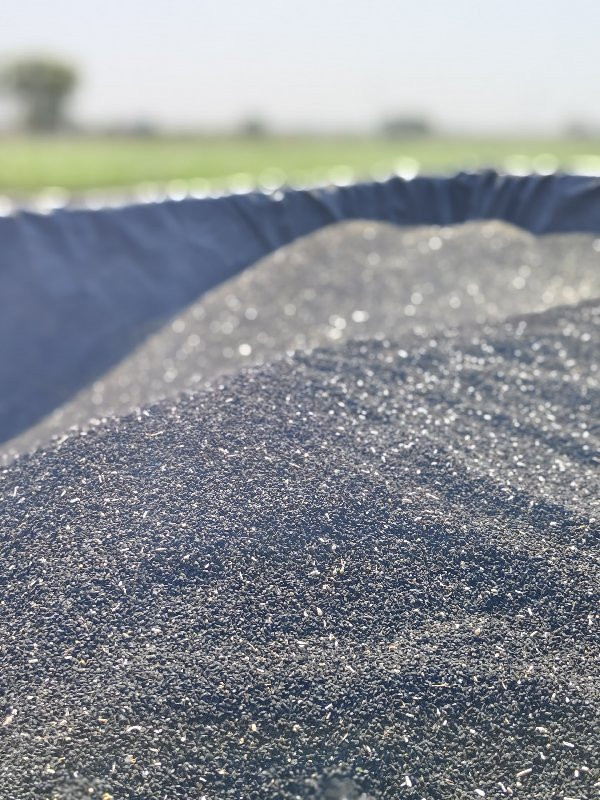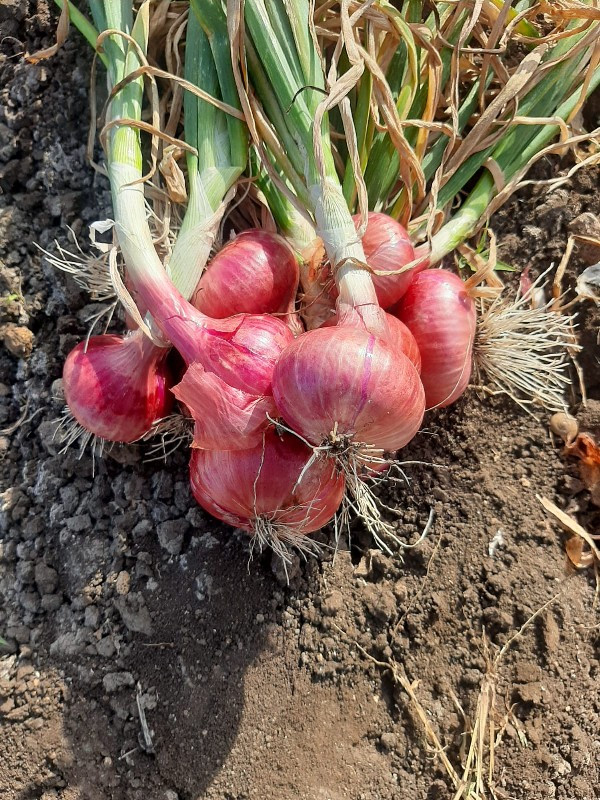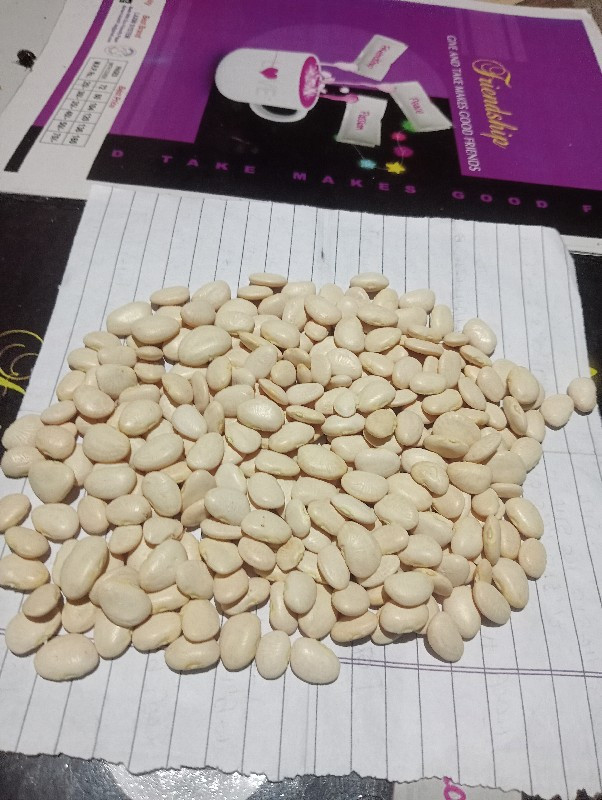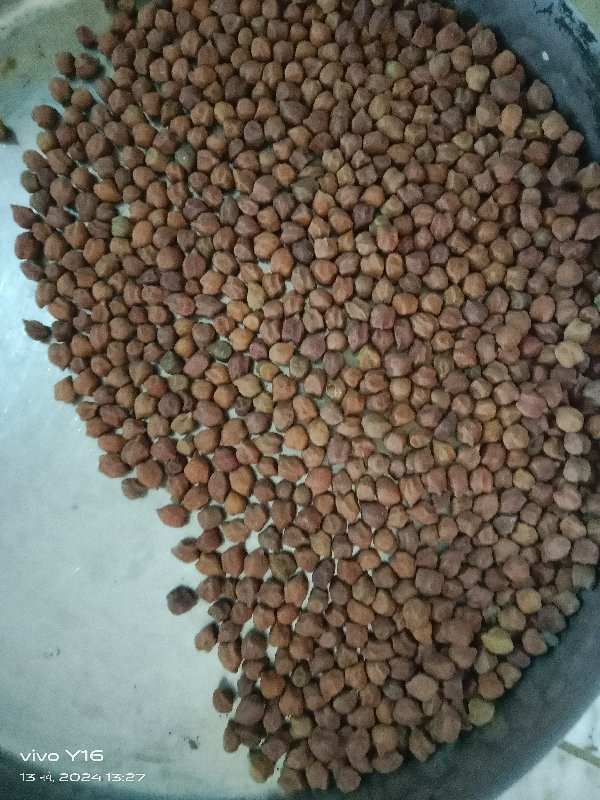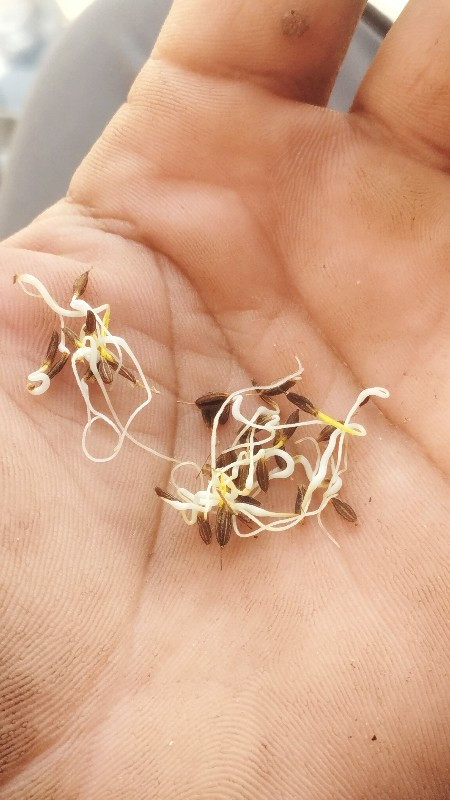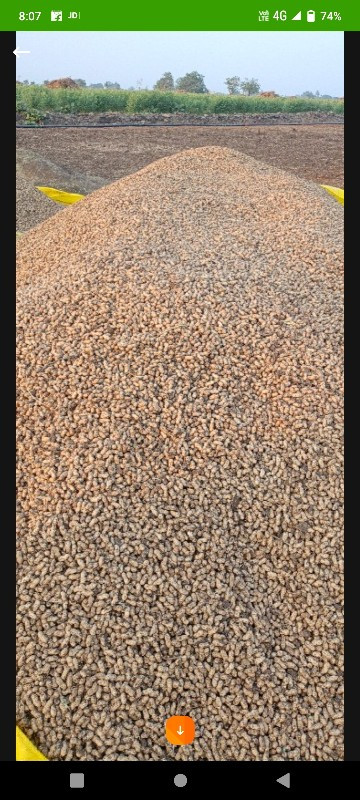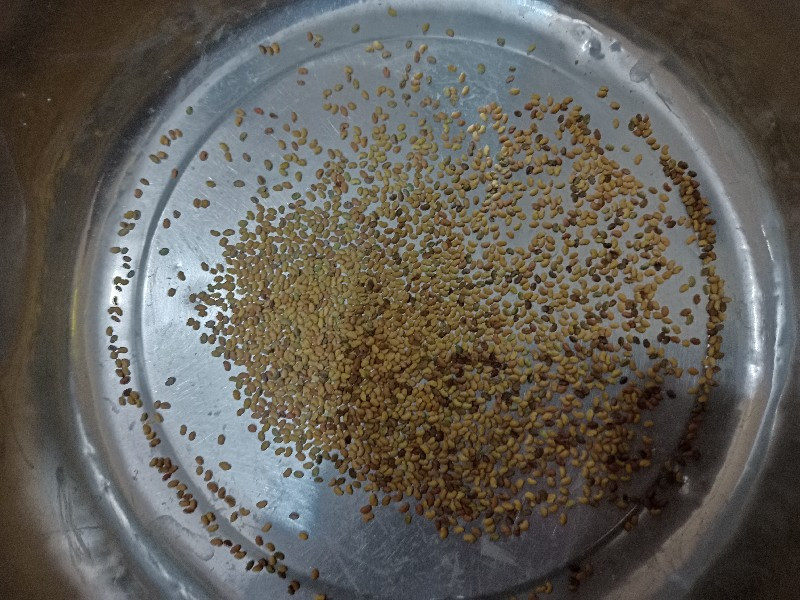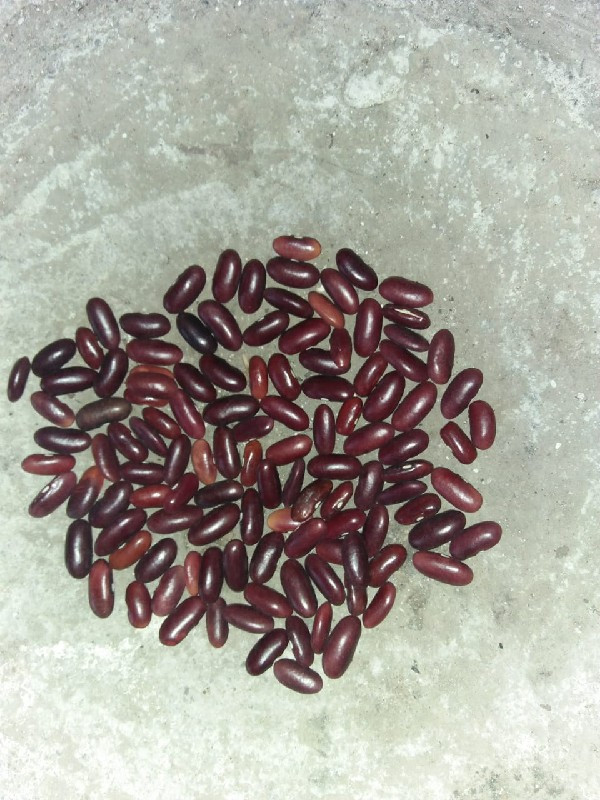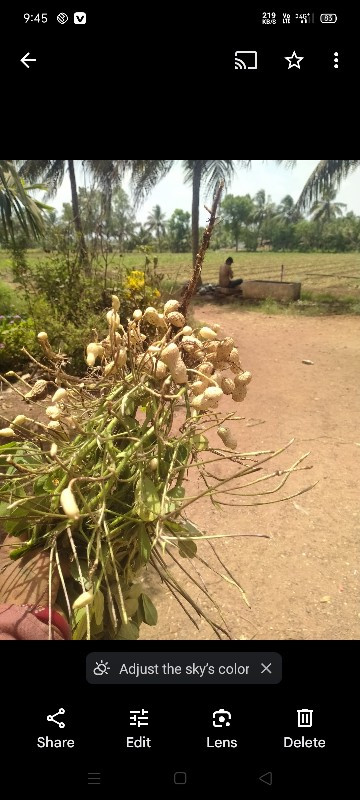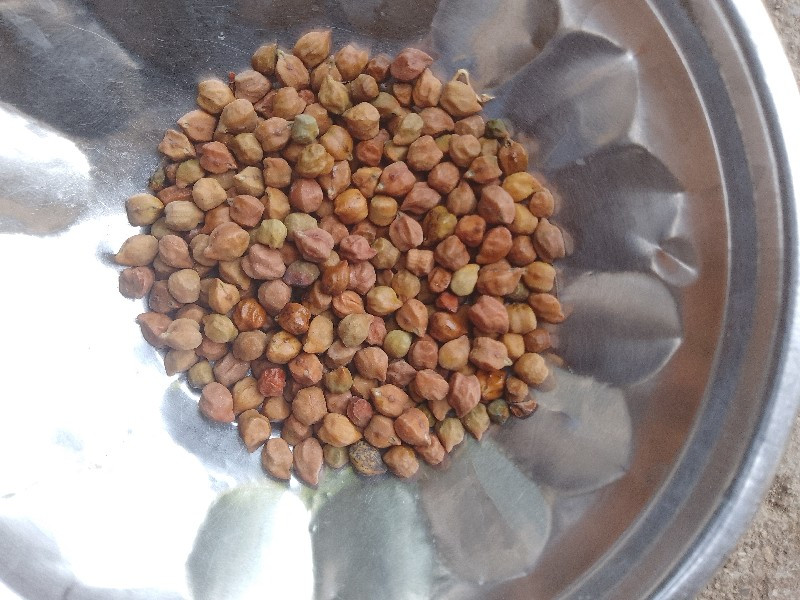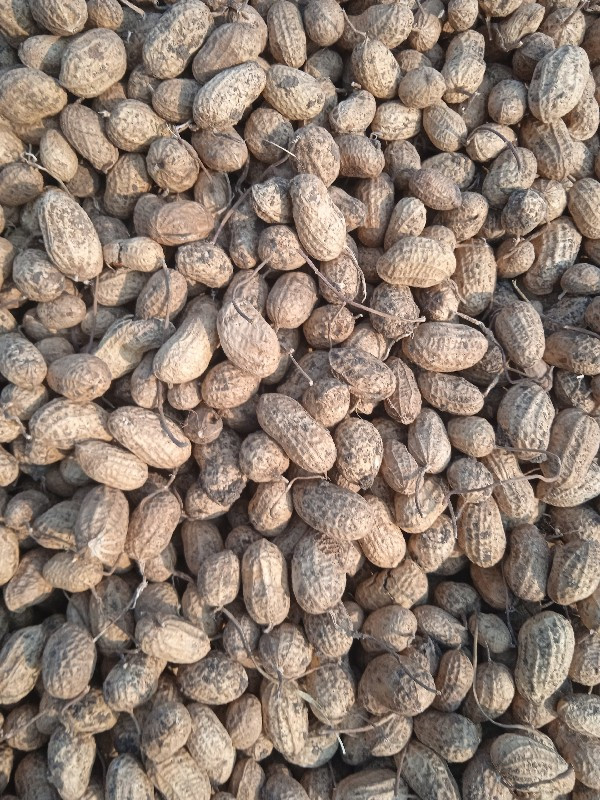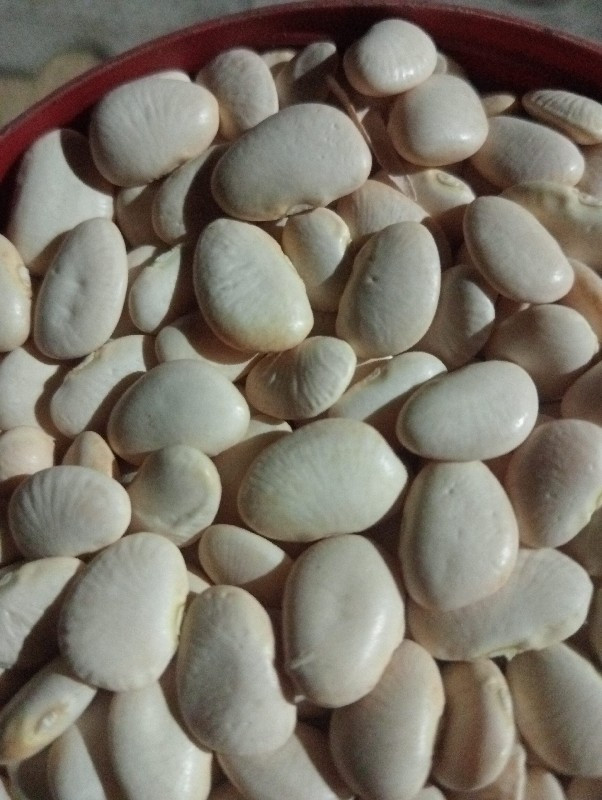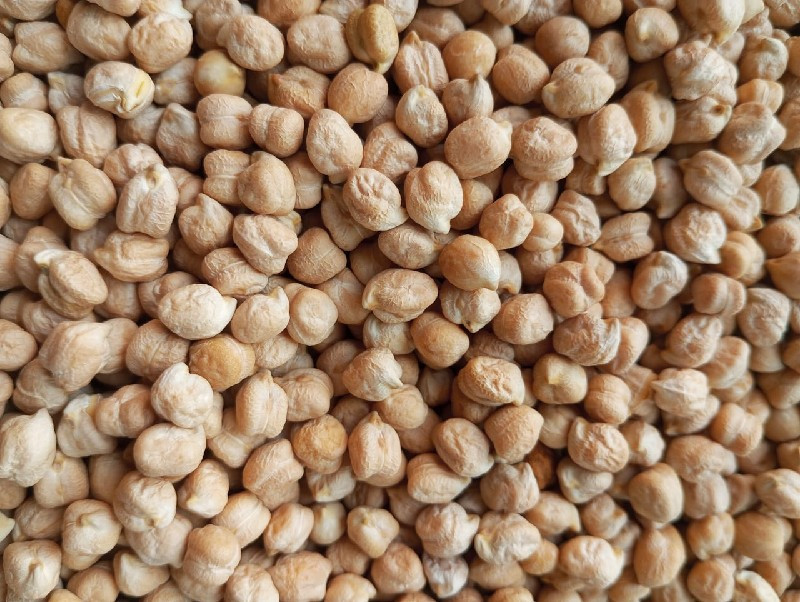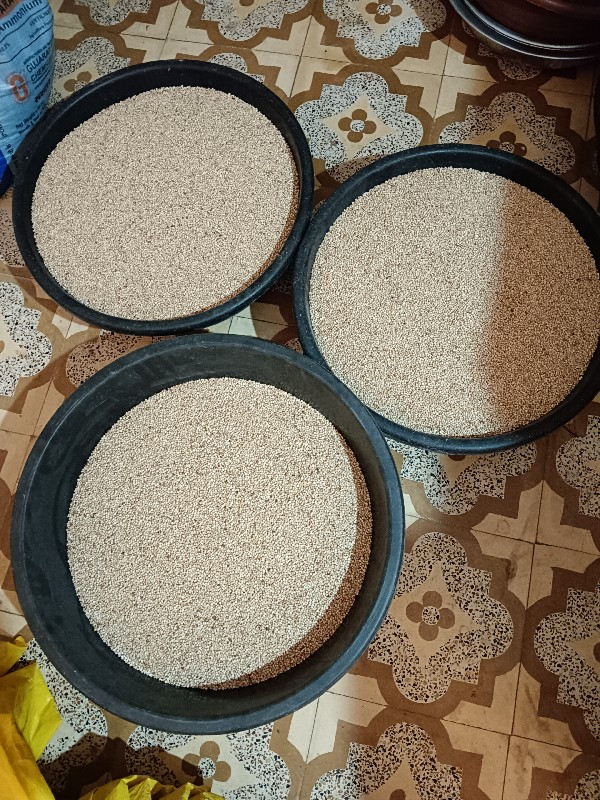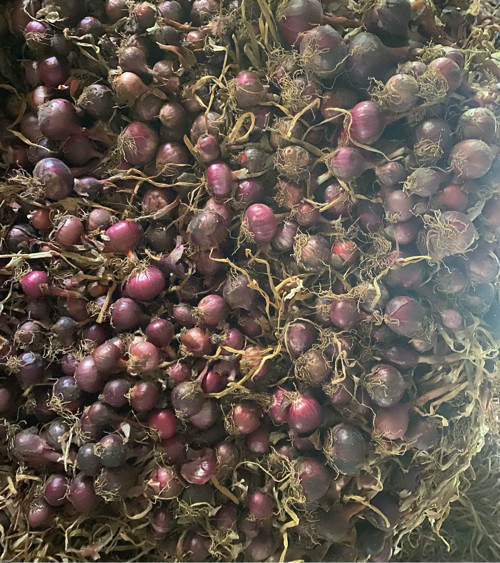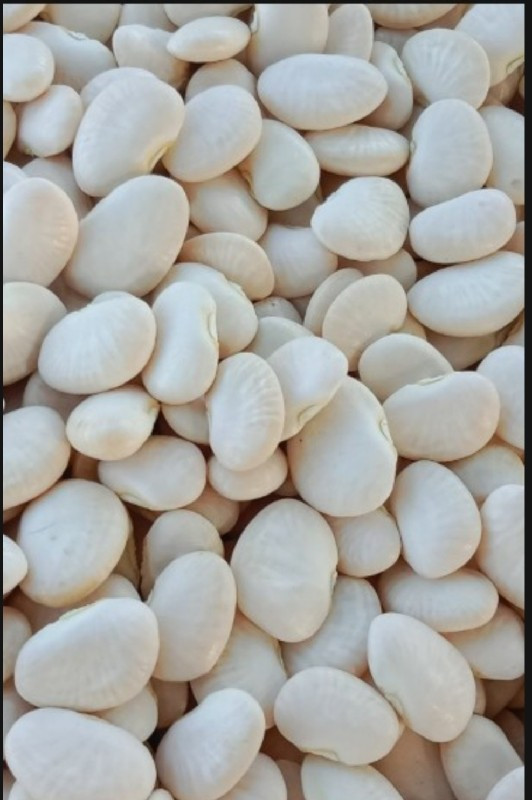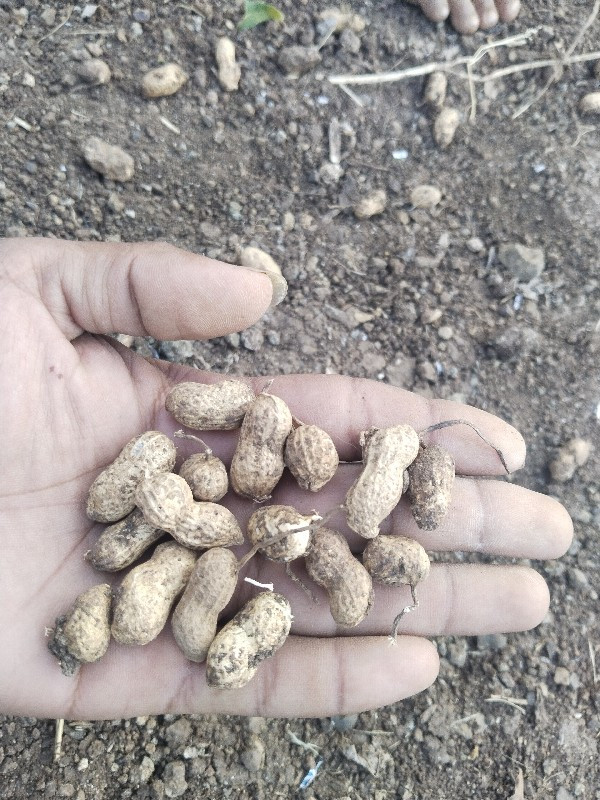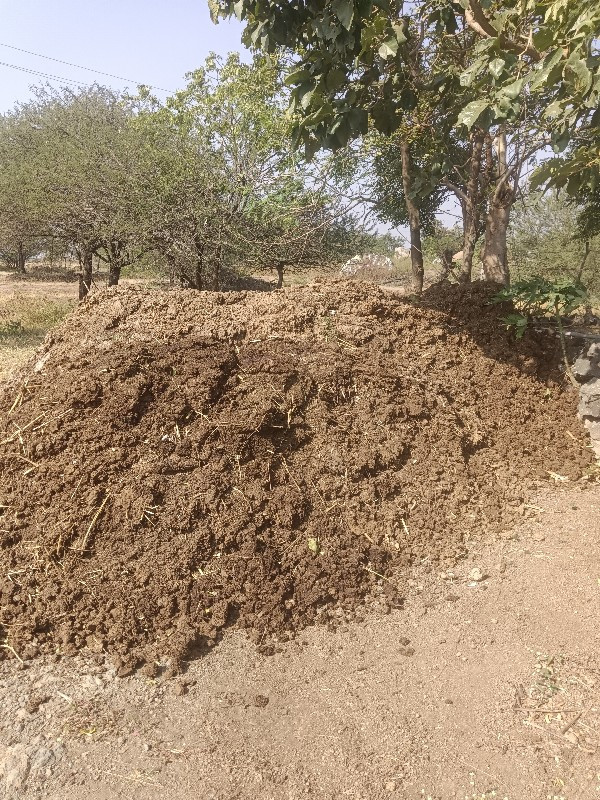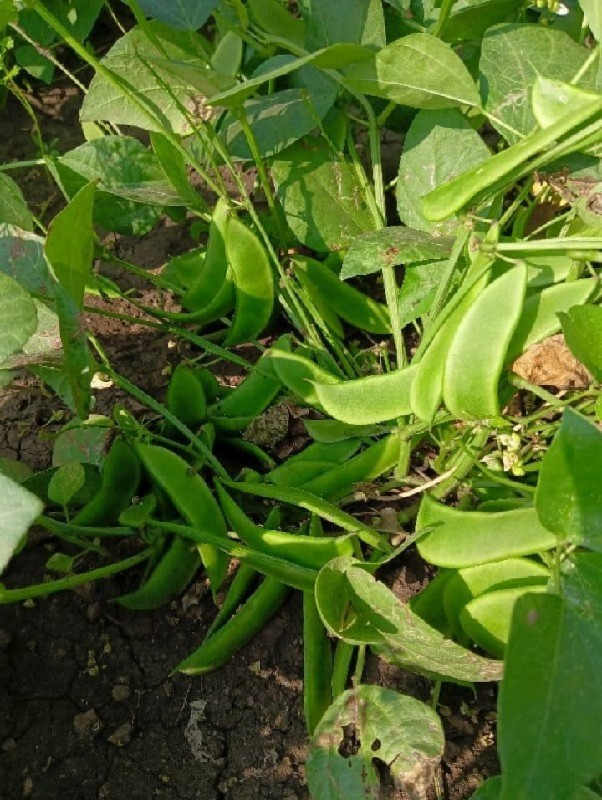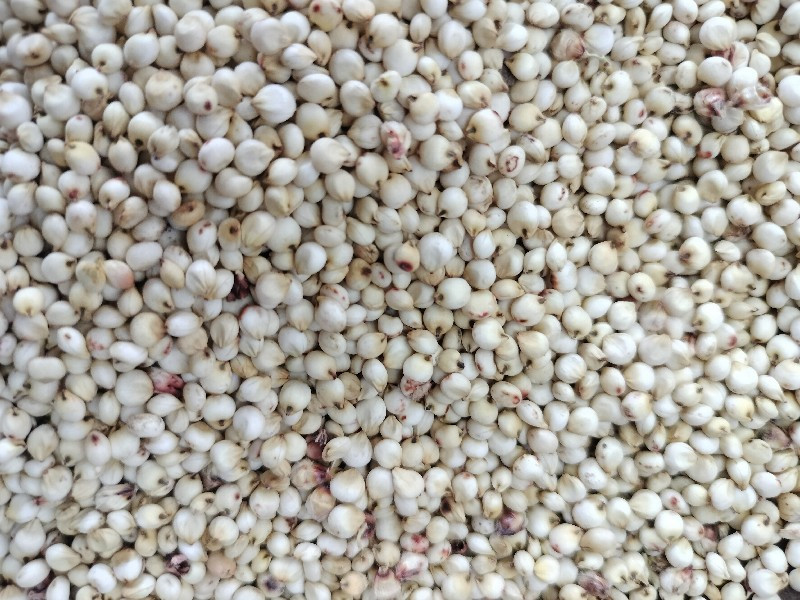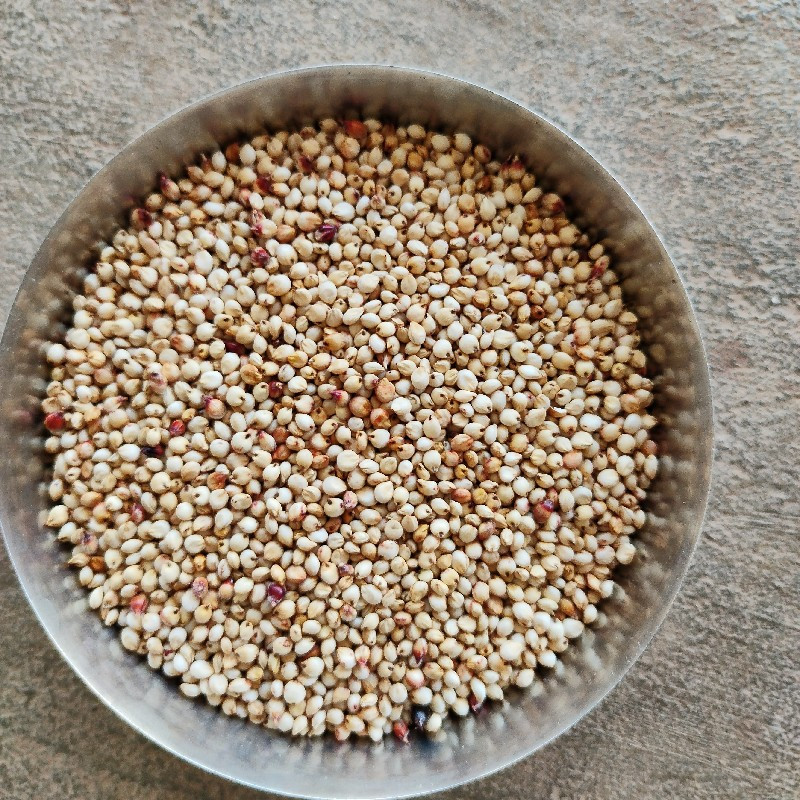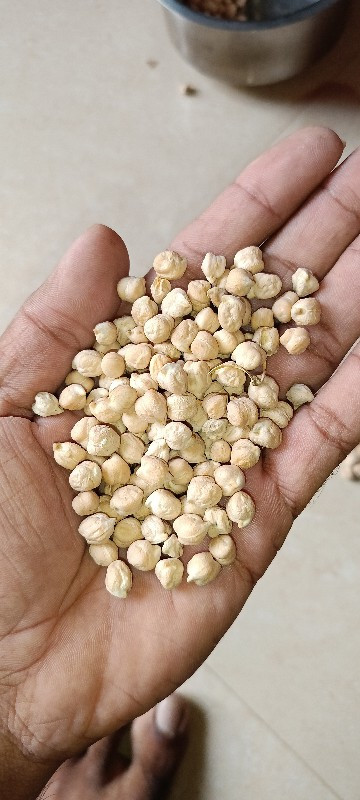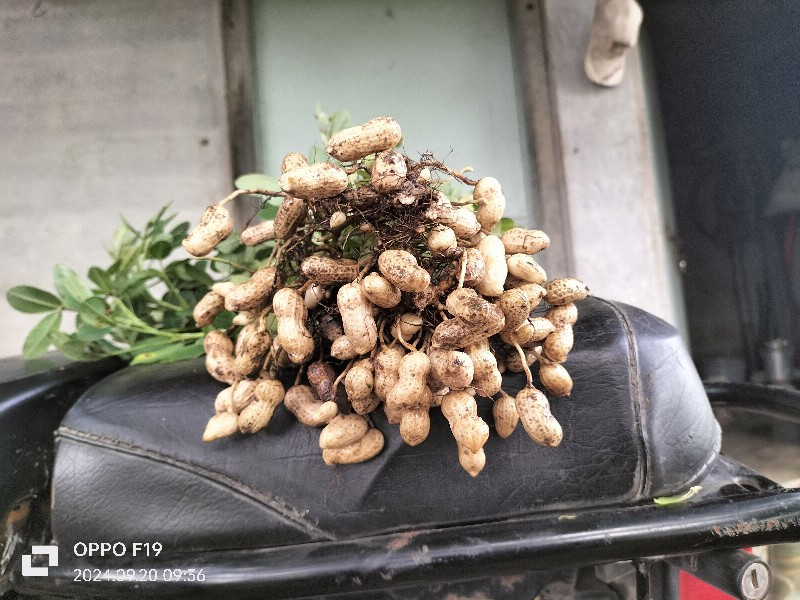
Exploring the Diversity of Farm Seeds in India
Farm seeds are the foundation of agriculture and can be defined as the starting point of the crop cycle. Choosing the right seed is crucial as it can make a significant difference to the overall yield and quality of the crop. In India, there are different types of farm seeds available for various crops, including paddy, wheat, maize, pulses, oilseeds, vegetables, and fruits.
One of the most popular types of farm seeds in India is the hybrid seed. Hybrid seeds are created by cross-pollinating two different varieties of the same crop. They are known for their high yield potential, disease resistance, and uniformity. Hybrid seeds are widely used in commercial farming and have played a significant role in increasing crop productivity in India.
Another type of farm seed that is gaining popularity is the genetically modified (GM) seed. These seeds are created by introducing foreign genes into the DNA of the crop. They are known for their resistance to pests and diseases, as well as their ability to tolerate harsh environmental conditions. However, GM seeds are controversial due to concerns about their impact on the environment and human health.
In addition to hybrid and GM seeds, there are also traditional and heirloom seeds. Traditional seeds are locally adapted to the soil and climate of a particular region and have been grown for generations. Heirloom seeds are old varieties that have been preserved by farmers and gardeners over time. They are known for their unique flavors and characteristics and are often used by small-scale farmers and home gardeners.
Farmers can choose from a variety of farm seed companies in India, such as Advanta Seeds, Mahyco Seeds, Nuziveedu Seeds, and many others. These companies offer a wide range of seeds, including high-yielding varieties, drought-tolerant varieties, disease-resistant varieties, and organic seeds.
In conclusion, the diversity of farm seeds in India is a testament to the country's rich agricultural heritage. Choosing the right seed is critical to the success of a crop, and farmers have a wide variety of options to choose from. By understanding the different types of farm seeds available and their characteristics, farmers can make informed decisions and ensure sustainable agricultural practices.

